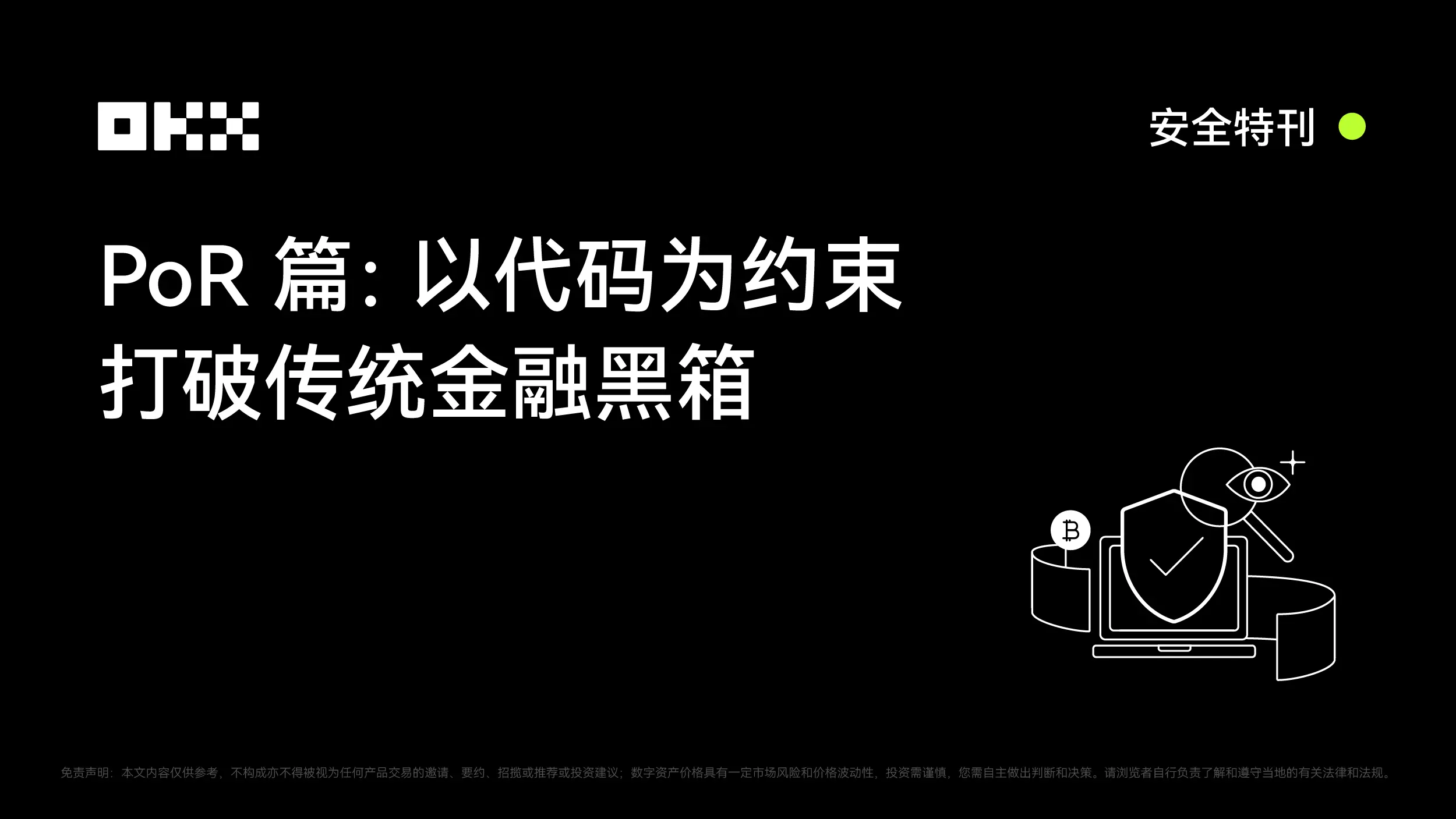Forced to exit the U.S. market and facing a collective lawsuit from Terra, Jump Trading encounters a setback
Original Author: Joy, PANews
The past year has undoubtedly been a year of setbacks for Jump Trading, the traditional high-frequency trading giant that has made waves in the crypto space since its high-profile entry into the industry with Jump Crypto in 2021.
From the hacking of the cross-chain bridge Wormhole to the death spiral of Terra, followed by the collapse of FTX and the severe damage to the heavily invested Solana ecosystem, Jump Crypto has faced significant financial losses. Recently, it was reported that Jump Trading is exiting the U.S. crypto trading market due to tightening regulations, and it is also facing a class-action lawsuit from Terra investors, with the SEC confirming that it profited nearly $1.3 billion from trades involving Terra.
Class Action Accuses Jump of Assisting Terra's Pegging
After the collapse of FTX, U.S. policymakers and regulators intensified their scrutiny of the crypto industry. Recently, Bloomberg reported, citing informed sources, that as regulatory pressure on the crypto industry has increased, market makers Jump Trading and Jane Street are withdrawing from the U.S. cryptocurrency trading market. It is said that both companies are still providing market-making services and have not completely abandoned the crypto industry. However, Jump Trading's digital asset trading division, Jump Crypto, is exiting the U.S. market while still planning to expand internationally.
Meanwhile, a class-action lawsuit against Jump Trading has also thrust it into the spotlight.
On May 9, Taewoo Kim, a resident of New Jersey, filed a lawsuit on behalf of affected investors, claiming that Jump Trading was an early partner and financial supporter of the collapsed stablecoin project Terraform Labs, alleging that it played a role in a fraudulent scheme involving Terra, leading to losses of at least $40 billion for investors who invested in the related cryptocurrencies.
The lawsuit states that around November 2019, former Terraform CEO Do Kwon negotiated a series of agreements with Jump. This included Terraform lending 30 million LUNA tokens to Jump, enabling them to provide market-making services for LUNA and UST. In return, Jump was entitled to compensation, including acquiring LUNA tokens at a significant discount.
In fact, a year before the collapse of Terra in May 2022, on May 19, 2021, UST experienced a de-pegging, dropping by 10%. The lawsuit claims that on May 23 of that year, Kwon and Jump colluded to artificially inflate the prices of UST and aUST (the token used on the Terra lending platform Anchor).
Between May 23 and May 27, 2021, Jump Trading purchased over 62 million UST tokens. These trades were conducted across multiple cryptocurrency exchanges to conceal Jump's manipulative actions. Therefore, investors believe that Jump's actions helped Terra temporarily restore the illusion of UST being pegged to $1.
Kwon also stated after the incident that the re-pegging of UST demonstrated the self-repairing capability of their algorithmic stability mechanism and its ability to maintain a stable peg to the U.S. dollar. This incident led many to view it as a validation of the UST mechanism and a demonstration of strength, misleading numerous investors into trusting Terra. However, unexpectedly, this so-called self-repair was actually the result of institutional manipulation.
SEC Accuses Jump of Profiting Nearly $1.3 Billion from Terra Trades
In February of this year, the U.S. Securities and Exchange Commission (SEC) filed a civil lawsuit against Terraform Labs and Do Kwon, accusing them of using a "U.S. trading firm" to support the price of UST in May 2021 to mislead investors. Subsequently, The Block reported that Jump Trading was the trading firm accused by the SEC.
Recently, in the class-action lawsuit, SEC court documents indicated that Terraform began collaborating with this trading firm around November 2019. The firm provided market-making services for Luna and UST in exchange for compensation, typically acquiring Luna at costs below the current market price.
After the trading firm intervened in May 2021 to help support UST, Terraform and Jump signed an agreement in July 2021 to transfer 61.4 million LUNA tokens to Jump at a fixed price of $0.40 per token. This arrangement would remain effective for four years, regardless of the actual market value of LUNA, which peaked at $116 in the secondary market. The SEC stated that this arrangement allowed Jump to net $1.28 billion. Looking back at LUNA's historical price, it was after July 2021 that LUNA began a rapid ascent.

It was this deep-seated conflict of interest that led Jump to continue increasing its stake in Terra. Jump seemed to have realized that relying solely on LUNA was insufficient to maintain UST's peg, so in February 2022, it led a $1 billion funding round for the Terra ecosystem's LUNA Foundation Guard (LFG) and suggested creating a Bitcoin reserve pool to defend the value peg of Terra's stablecoin UST.
However, everything happened too quickly, and three months later, Terra rapidly collapsed. Even at the critical moment for Terra, Jump still promised to provide financial support to LFG, but this funding likely did not arrive in time before Terra succumbed to a death spiral.
It is worth mentioning that during the FTX collapse, insiders pointed out that Alameda and Jump were conspiring to inflate the fully diluted valuation (FDV) of Serum beyond its actual value to facilitate using Serum as collateral to obtain more liquidity.
Currently, Do Kwon is on bail in Montenegro, awaiting trial, where he is accused of attempting to use a forged Costa Rican passport. Both the U.S. and South Korea are seeking his extradition. Jump has not responded to media requests for comment. According to Bloomberg, due to increasing regulatory pressure, Jump Trading's digital asset trading division, Jump Crypto, is planning to expand internationally and exit the U.S. market.
The Waterloo of Jump and Terra is also a Waterloo for the entire crypto market. The crypto world advocates transparency and decentralization, while insider trading and manipulation by large institutions maintain a facade of prosperity, which, although it will eventually lead to self-destruction, has also caused many ordinary investors to pay the price or even suffer losses.










